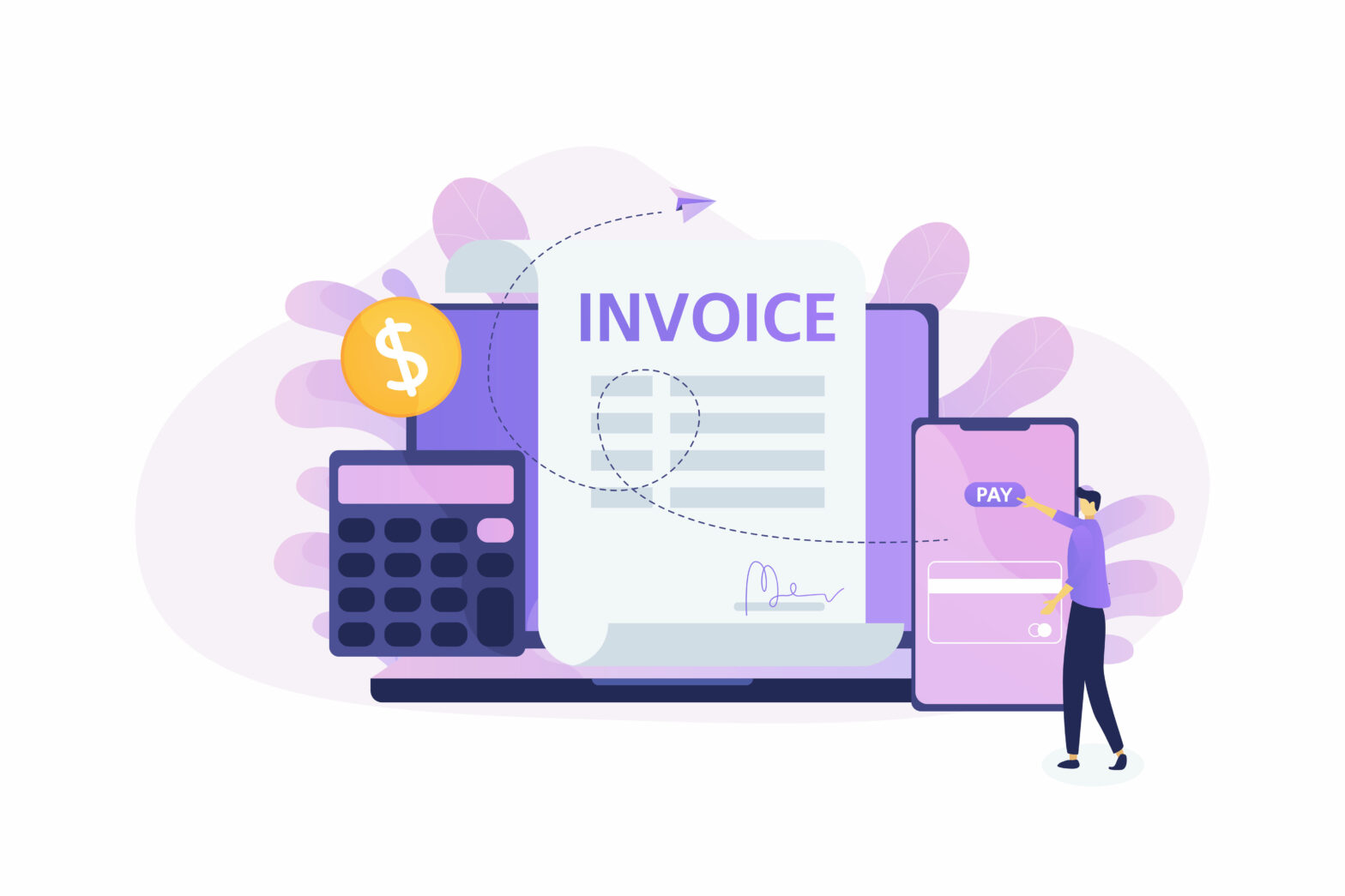The loans market has been around from centuries and businesses making money through their charging of interest is a well-established business model. In the last decade the payday loans market though, has undergone many changes. This has led to the emergence of short term loans companies who offer similar interest rates, but over longer periods of time.
While interest rates may be higher than those offered by ‘traditional lenders,’ perhaps 1,200 per cent APR or so (trueblueloan.co.uk), these loans offer a degree of flexibility and convenience that payday loans just can’t match, making it easier for prospective borrowers to pay back what would previously have to be repaid in a single lump sum.
In the UK, the payday loans market has not enjoyed the best PR and there has been a great deal of stigma around these loans. From the Archbishop of Canterbury criticising them, to politicians and beyond but it has endured and adapted.
With new regulations introduced upon the lending sector, payday loans have been taken out of the shadows. One of the ways in which the loans industry has adapted is by offering services such as short-term loans, which comfortably bridge the gap between payday loans and short-term credit and ‘traditional’ loans such as mortgages and credit cards.
Payday loans: What are they really about?
What payday loans offer is the ability to borrow sums of money over a short period of time. Say for example an emergency occurs and one’s monthly wage or income cannot afford, for example a boiler breakdown in the winter. Rather than having to wait perhaps a few months to be able to save up the money, a payday loan allows the money to be borrowed quickly to cover this expense.
These loans also will always have a higher interest rate attached than say a credit card or an overdraft. This is the case as payday lenders will generally lend to those who are seen by lenders as being of ‘greater risk’ to lend to and so the increased interest covers the lender’s costs and outweighs the risk.
Furthermore, these loans have to be repaid in full by a predetermined date; usually on ‘pay day.’ The repayment made will include interest and all other charges associated with the loan as a single lump sum.
This affords the borrower important breathing space, by providing funds that would otherwise not be accessible or affordable. Problems do emerge though when repayments are missed as accrued debt can spiral out of control if the loan’s terms aren’t met. This is why it is always advisable to seek alternative means of borrowing money (such as from friends and family) before going to a payday lender.
Short-term loans: How do they differ?
Short-term loans are those where a loan is taken out over a predetermined period of time (typically a few months) and repaid in instalments until the loan amount plus interest and charges are repaid.
The main advantage of these loans is that rather than having to repay what may be a few hundred or even thousand pounds in one go, it can be repaid over a longer period, making it more affordable and helping make sure that the borrower doesn’t miss their repayments.
The loan amount, repayment period and repayment amounts will all be agreed with the lender in question prior to the loan being approved and the borrower receiving the money they require and lenders now have a responsibility to carry out credit and affordability checks, as instructed by the Financial Conduct Authority (FCA) and their regulations.
This means that while those who have been refused credit elsewhere can still be approved, it is subject to certain criteria being met. This makes sure that the borrower will have the means to repay the loan as soon as possible, keeping them out of otherwise unnecessary debt.
Balancing your options
In conclusion, the payday loans industry has undergone significant changes for the better over the last few years, with it being brought into check by the FCA. There still remains a place in the lending industry for the payday loan and their popularity has barely waned.
However, there are times where alternative forms of finance, which may take a bit longer to repay, should be considered as a viable alternative route to finance when absolutely necessary. Short-term loans allow borrowers the breathing space of getting the money they need immediately, whilst allowing them to repay their debt over a much more manageable period of time.





